Black Coffee
Black Coffee
Coffee, the beverage that usually marks the beginning of a new day has always been associated with different music and has always been a source of inspiration for artists and the theme for some of the greatest songs. There’s a certain state of mind associated with coffee and the moments when its magic is revealed: that dreamy, calm, instrumental, sometimes jazzy mood.
“Black Coffee” is one of the great torch songs of all time, it has been done by a wide variety of female singers. The song was published in 1948.
Black Coffee
Peggy Lee’s 1948 release single Black Coffee isn’t about the moments when coffee makes you dreamy, it’s about the blue moments when coffee is black and is poured just to keep you awake. “Black Coffee” features sparse piano, whispering drums, and a mournful trumpet lurking in the background. But it's the vocals that really push it over the edge. Peggy Lee doesn't sing this song; she crawls into it and huddles in the dark spaces.
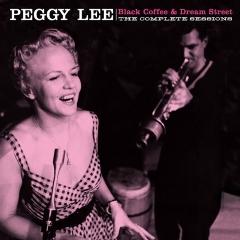
Peggy Lee sings 'Black Coffee'
The music was written by Sonny Burke, the lyrics by Paul Francis Webster.
Sonny Burke (March 22, 1914 – May 31, 1980) was an accomplished musical arranger, composer, big band leader and producer, educated at the University of Detroit and Duke University. He arranged for dance orchestras, and was artists-and-repertoire director for Decca Records for fourteen years and Reprise Records for three years.
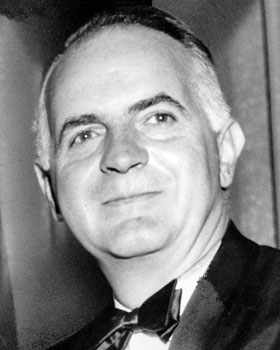
Sonny Burke
He wrote the music for number of popular songs that continue to be regarded as 'standards'. His other song compositions include "Midnight Sun", "Somebody Bigger than You and I" and How It Lies, How It Lies, How It Lies".
Paul Francis Webster (December 20, 1907 – March 18, 1984) may not be a familiar name, but his credits as a lyricist indicate it should be. After college, Navy service, and a stint as a dance instructor, he began his career as a lyricist.
He went to Hollywood in 1934 and freelanced on several pictures. His big successes were independent tunes: “I Got It Bad (And That Ain’t Good),” written with Duke Ellington (1941); “Baltimore Oriole” (1942) and “Memphis in June” (1945), music by Hoagy Carmichael; and 1948’s “Black Coffee”.
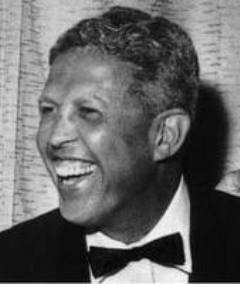
Paul Francis Webster
Webster won three Academy Awards for Best Song and holds the record among lyricists for the most number of the award nominations—sixteen. There was many covers of “Black Coffee” performed by famous singers. The version released in 1960 by Ella Fitzgerald was included in the soundtrack for the 1960 Columbia Pictures feature Let No Man Write My Epitaph. The performance was a favourite song of Polish Nobel Prize laureate Wisława Szymborska who chose it as the song to be performed at her funeral.
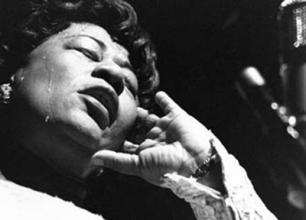
Ella Fitzgerald sings 'Black Coffee'
Black Coffee
I'm feeling mighty lonesome Haven't slept a wink I walk the floor and watch the door And in between I drink Black Coffee Love's a hand me down brew I'll never know a Sunday In this weekday room I'm talking to the shadows 1 o'clock to 4 And Lord, how slow the moments go When all I do is pour Black Coffee Since the blues caught my eye I'm hanging out on Monday My Sunday dream's too dry Now a man is born to go a lovin' A woman's born to weep and fret To stay at home and tend her oven And drown her past regrets In coffee and cigarettes I'm moody all the morning Mourning all the night And in between it's nicotine And not much hard to fight Black Coffee Feelin' low as the ground It's driving me crazy just waiting for my baby To maybe come around My nerves have gone to pieces My hair is turning gray All I do is drink black coffee Since my man's gone away
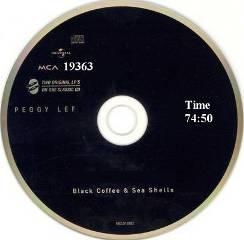
'Black Coffee' - single by Peggy Lee
Last Updated (Friday, 13 March 2015 18:02)








